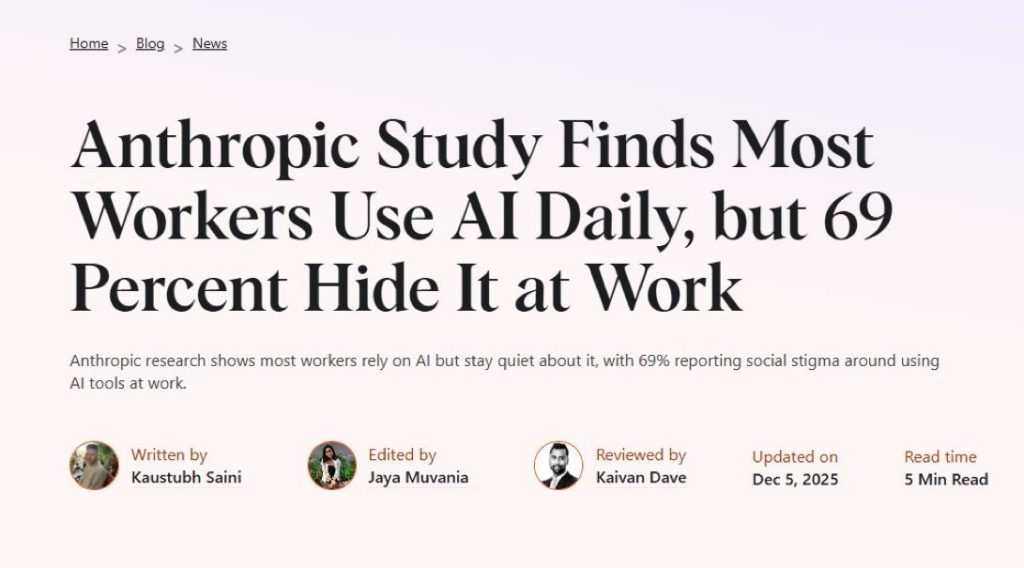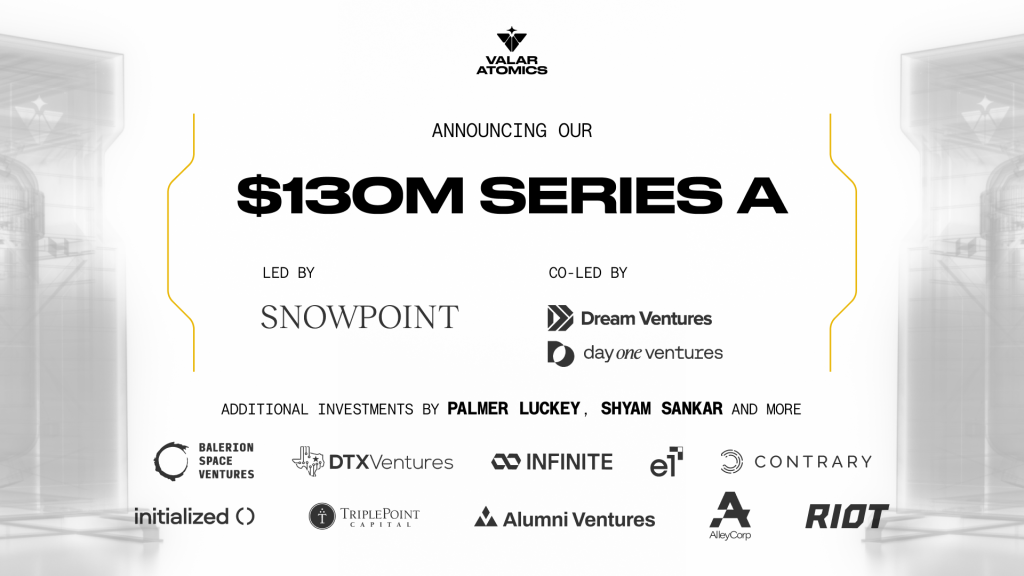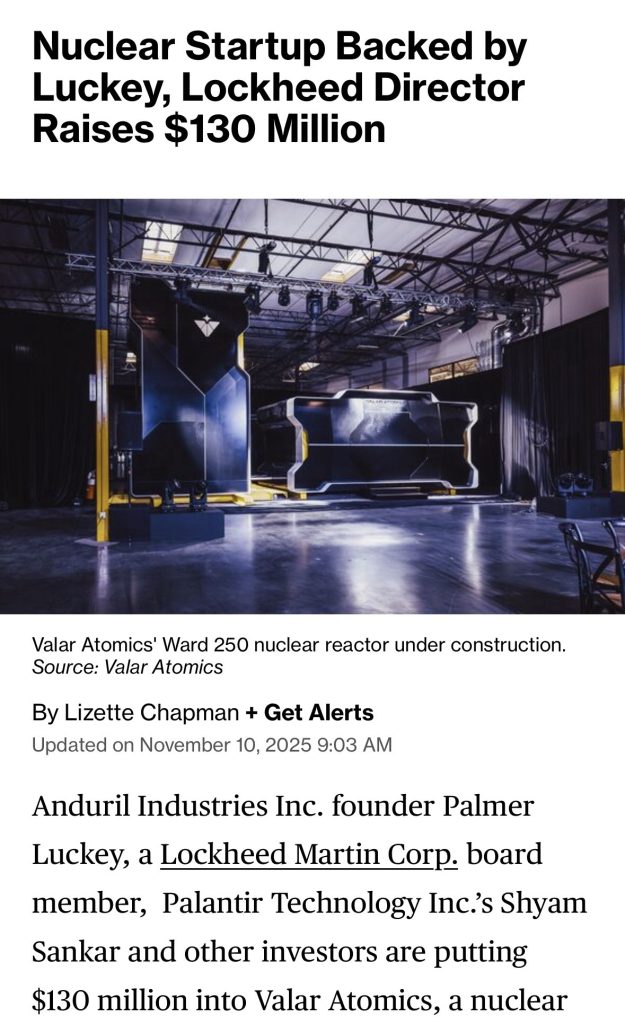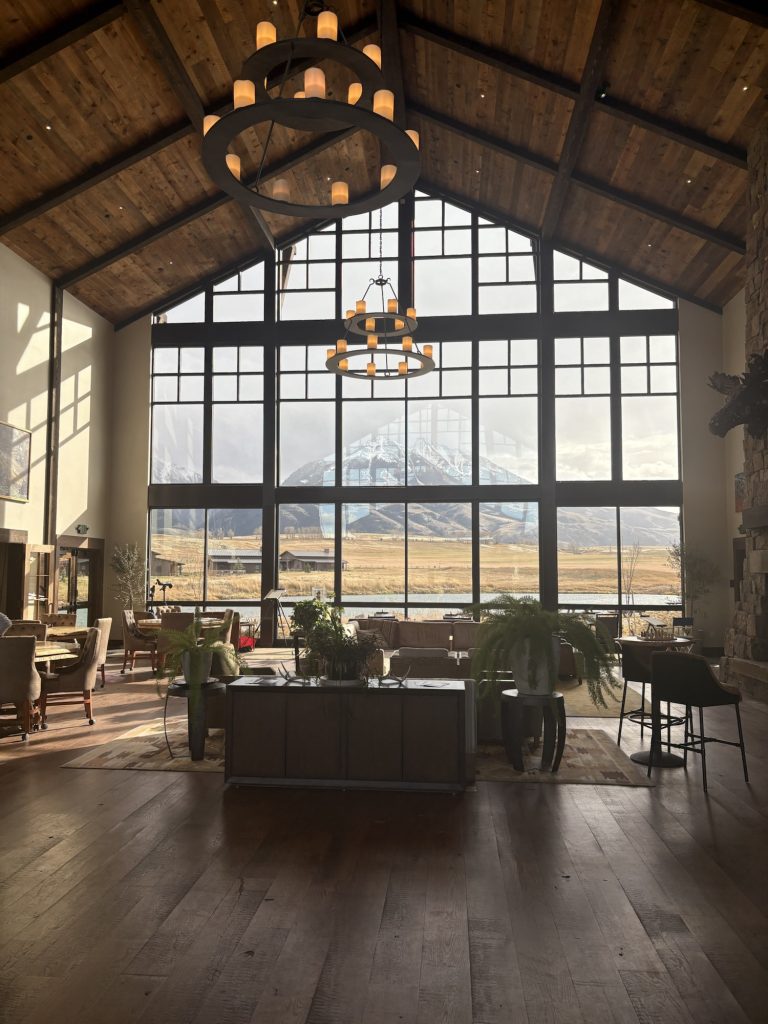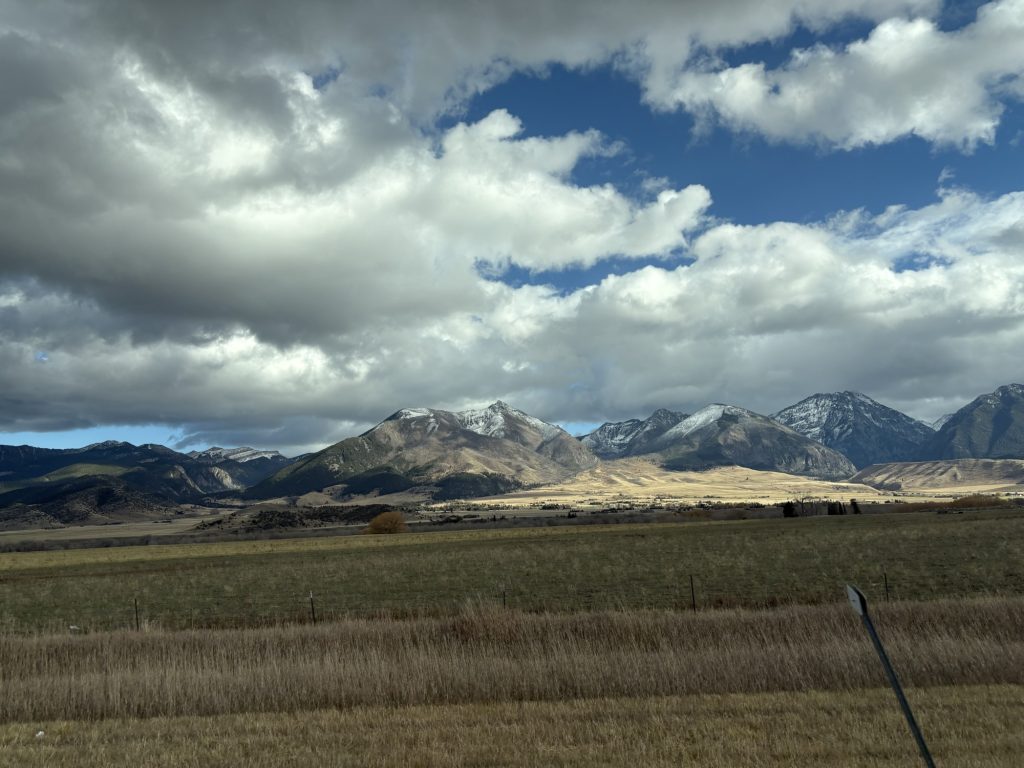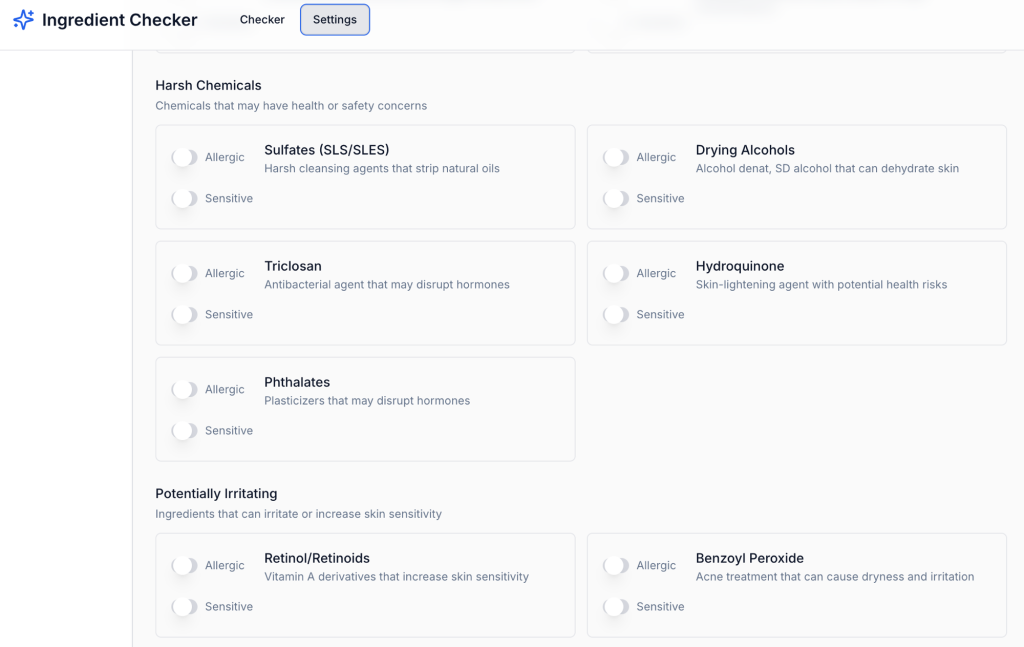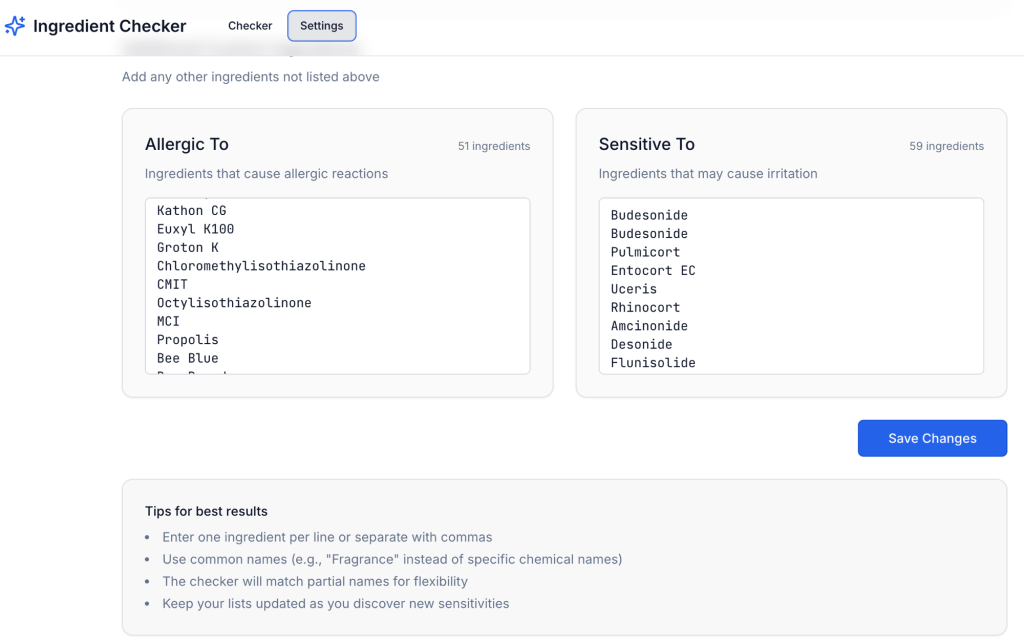This Thanksgiving I am feeling particularly grateful for the exceptions in my life. My world is filled with the exceptionally rare. Rare people, insights, businesses, and outcomes are part of building something genuinely new.
I suspect I’ll have to justify my faith in investing in and introducing new technologies to the world. We are doing a lot of looking back as the path forward looks so uncertain. And I continue to advocate for looking forward with optimism.
We have a lot to integrate and metabolize into human cultural life. We will be forced to address these changes as they change our institutions and expectations over the next few decades.
There is a lot to dislike about the technology industry at the moment. We’ve evolved far beyond “startups” being scrappy zero to one experiments in the proverbial garage. Startups turned into “Big Tech” and that concentration of influence and money has not always lived up to the high expectations we have for power.
We have had multiple cohorts of businesses as a mature industry. And indeed we’ve had multiple generations of people who spent their entire lives building a global ecosystem of technologies, along with the talent and capital to scale it. We may relentlessly start afresh but we cannot avoid acknowledging that we are a power base in our own right now.
Just in my lifetime, we’ve publicly codified our cultural mores, shared decades of knowledge on best practices on the open web and built institutions dedicated to helping people work across the multiple fields and disciplines that encompass “technology” as an industry. Or maybe I should simply call it an economy. It may even be the economy at this point.
Which is a problem. Our capital sorting mechanisms have seen our efficiencies and returns and pushed more resources, human and financial, towards us.
That has frustrated and starved the industrial base that provides us with the infrastructure to build. Let’s not even get started on what it has meant for food, education, entertainment and family.
I began more seriously investing in startups at the beginning of the pandemic. We maintain a small fund with low key LPs and our own family capital.
That is enabled by what we jokingly call the circle of life that is a liquidity event. When a startup sells many people become not just a little bit better off but sometimes twenty or even hundred times better off.
Those outlier events pay for all of the other things which don’t work as well. It’s a hits driven business. Hollywood would say “Thats show biz baby!” Oddly we don’t have a simple way of explaining the randomness of who or what becomes a winner.
Being excellent just isn’t enough. Startups that succeed are often exceptional in all areas and even then it still might not work. That bothers losers more than it does winners because the winners can comfort themselves with the money. But deep down even the winners know it could have easily gone another way.
So this Thanksgiving I am grateful for all the exceptional cases that have come into my life. To even see one is a rare thing. To be exposed to dozens of them is extremely unusual. To be invested in even positive outcome from the very start is beyond rare.
We’ve done so much to make startups more accessible to those with the mindset and discipline to succeed and still so many barriers remain. I see my work as the first check a founder takes as being a small part of the cycle of exceptionalism that builds success.
Just in the past two weeks we’ve had three companies raise large scaling rounds at markups that now place them soundly in the exceptional category. In two cases, I was their very first check, and in the third I was in their first pre-seed round. I qualify it only because I was not the first person to commit which I strive to be.
That is where I strive to be exceptional. I want to be the very first person that sees you for what you will be.
And I am deeply grateful to the founders that allowed me to be their first believer. It’s hard to be a founder. I’ve done it. To be an investor is much easier. You just have to have the balls, the brain and the bravery to say “yes” to something nearly impossible. That I can say yes is something for which I am most thankful.
